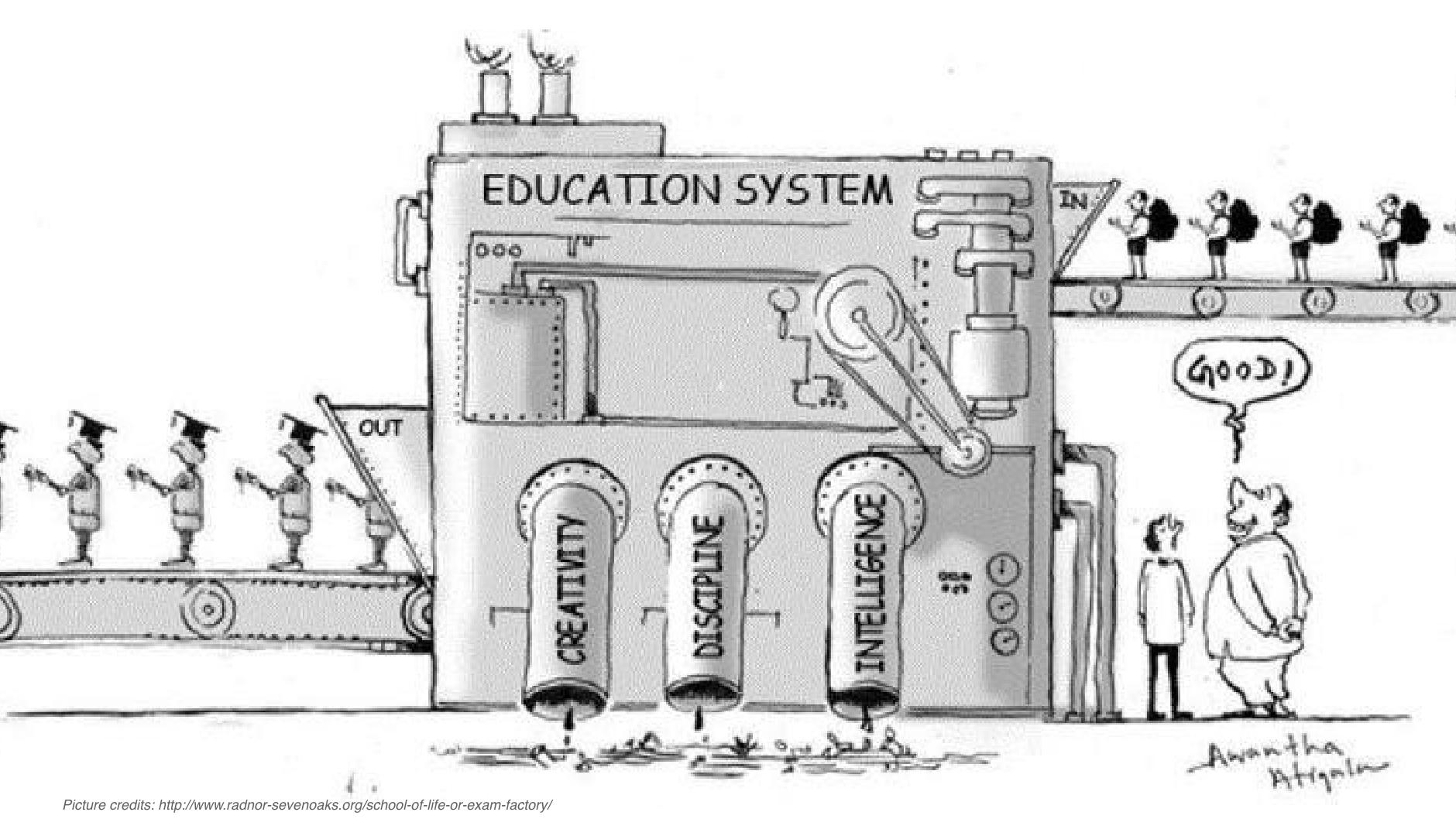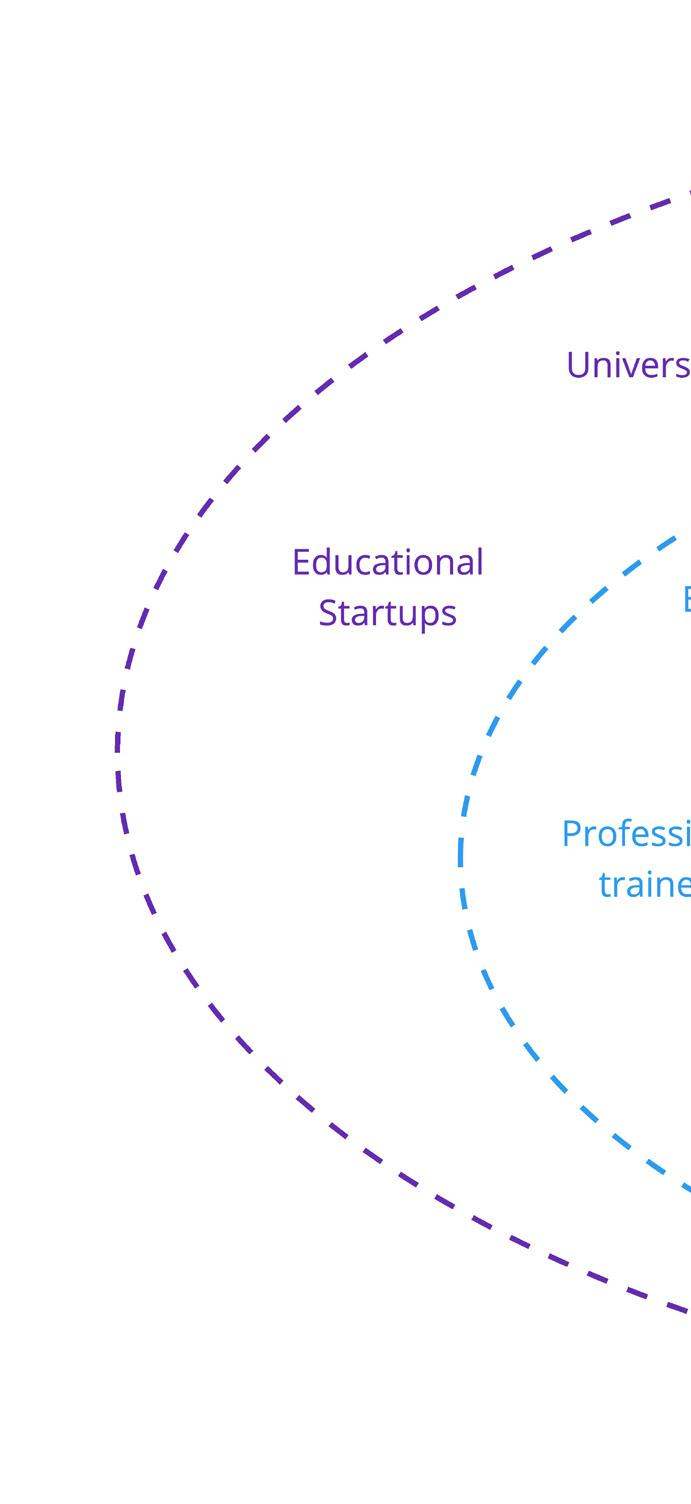
1 minute read
History of Education
4
History of Education
I started researching about the history of education to understand the influence of SES on education. Education has been an important pillar of the society to move modern world which we live in. From the research I found out that the education system dates back to the 1500 BC.
The Indian culture had the ‘Gurukul’ system wherein the pupils learn from the guru and help the guru in his everyday life, including carrying out of mundane daily household chores. However, some scholars suggest that the activities are not mundane and very essential part of the education to inculcate self-discipline among pupils. Typically, a guru does not receive or accept any fees from the shishya studying with him as the relationship between a guru and the shishya is considered very sacred.5
At the end of one’s education, a shishya offers the guru dakshina before leaving the
gurukula. The gurudakshina is a traditional gesture of acknowledgment, respect and thanks to the guru, which may be monetary, but may also be a special task the teacher wants the pupil to accomplish.
During the research I found out that in the the medieval times church used to act as educational institutes and specially the Church of Scotland used to provide free education to the poor. During the 1830s the Prussian education system was established as a result of educational reforms in the late 18th and 19th century and one had to pay extra money to study subjects like maths and calculus. The current system has its root from the Prussian education system. By 1891 education was made compulsory in UK and in 1892 education was standardised.
All of these factors have made the affected the education system over a period of time. From the history it was evident that education has always been a privileged thing. It has always been more accessible for the rich people. It also showcased how the governing institutes from the past tried to make education more accessible to poor people.










